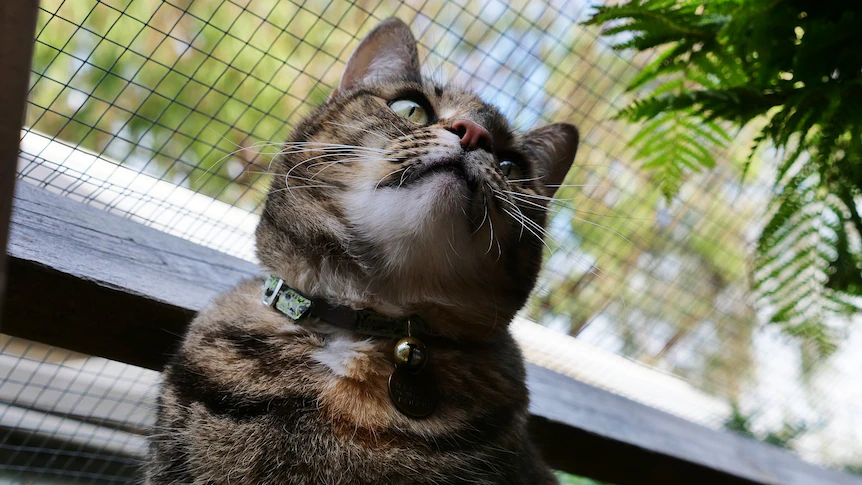By Rosemary Murphy
Copyright abc

The WA parliament has intervened to stop a Perth council from bringing in fines for people who allow their cats to roam.
However, the state government has indicated it will put cat control into the hands of local governments in the future.
The City of Bayswater had been attempting to bring in a local law to stop cats from wandering onto other people’s properties or roaming unrestrained in public spaces.
The parliamentary committee that reviews local laws rejected the city’s request, and the committee’s decision was upheld by WA’s upper house, despite opposition from crossbench MPs.
“It means that Bayswater can’t go ahead with very sensible legislation,” Legalise Cannabis MP Brian Walker said.
“That does require that we don’t allow them to roam free and kill the mammals and birds in our area.”
Over the years, more than 20 local governments have attempted to bring in similar controls, but few have got them past the parliament’s Joint Standing Committee on Delegated Legislation.
Many local governments, including the Perth cities of Kwinana and Fremantle and regional areas of Dardanup and Esperance, have had similar controls rejected.
Only Northam, Narrogin and Christmas Island have been successful.
WA Greens Leader Brad Pettitt said local governments that had their laws rejected had become increasingly “frustrated” over the years.
“We’re seeing huge council support and huge community support for this,” he said.
“There was a real opportunity for the parliament not to disallow this and to actually let those local governments that want to lead, let them lead … let Bayswater show how this can work in this community.
Councils don’t have cat power — yet
Despite some councils having success, WA Labor MP Jackie Jarvis told the Upper House current state legislation did not allow all local governments to adopt extra cat control measures.
“The current Cat Act does provide local governments with important tools to manage cats, including prohibiting them from specific public places, addressing nuisance behaviour, enforcing sterilisation, micro-chipping and registration,” she said.
“It does not extend to cat confinement on their owner’s premises.”
However, Ms Jarvis said the government would seek to change the laws to allow local governments more power.
Numbats, wildlife ‘killed daily’ by cats
The Shire of Pingelly in WA’s Wheatbelt had its “Save the Numbat Law”, which aimed to confine cats, disallowed by the joint standing committee.
Chief executive Andrew Dover said the impact cats had on wildlife was “astounding.”
“We’ve put the reason in the title, our numbats and other native wildlife are under threat — many of them are endangered — and cats are the main cause for that,” he said.
The council will have its law considered by state parliament.
Mr Dover said he was concerned the government would keep rejecting cat control measures and amendments to the act would take at least 12-18 months to come into force.
“It may be faster than that or it may be slower than that, depending on the political will to push it through,” he said.
“Following that, there would be a lengthy implementation process where councils would then create their own local laws … which again is another lengthy process,” he said.



